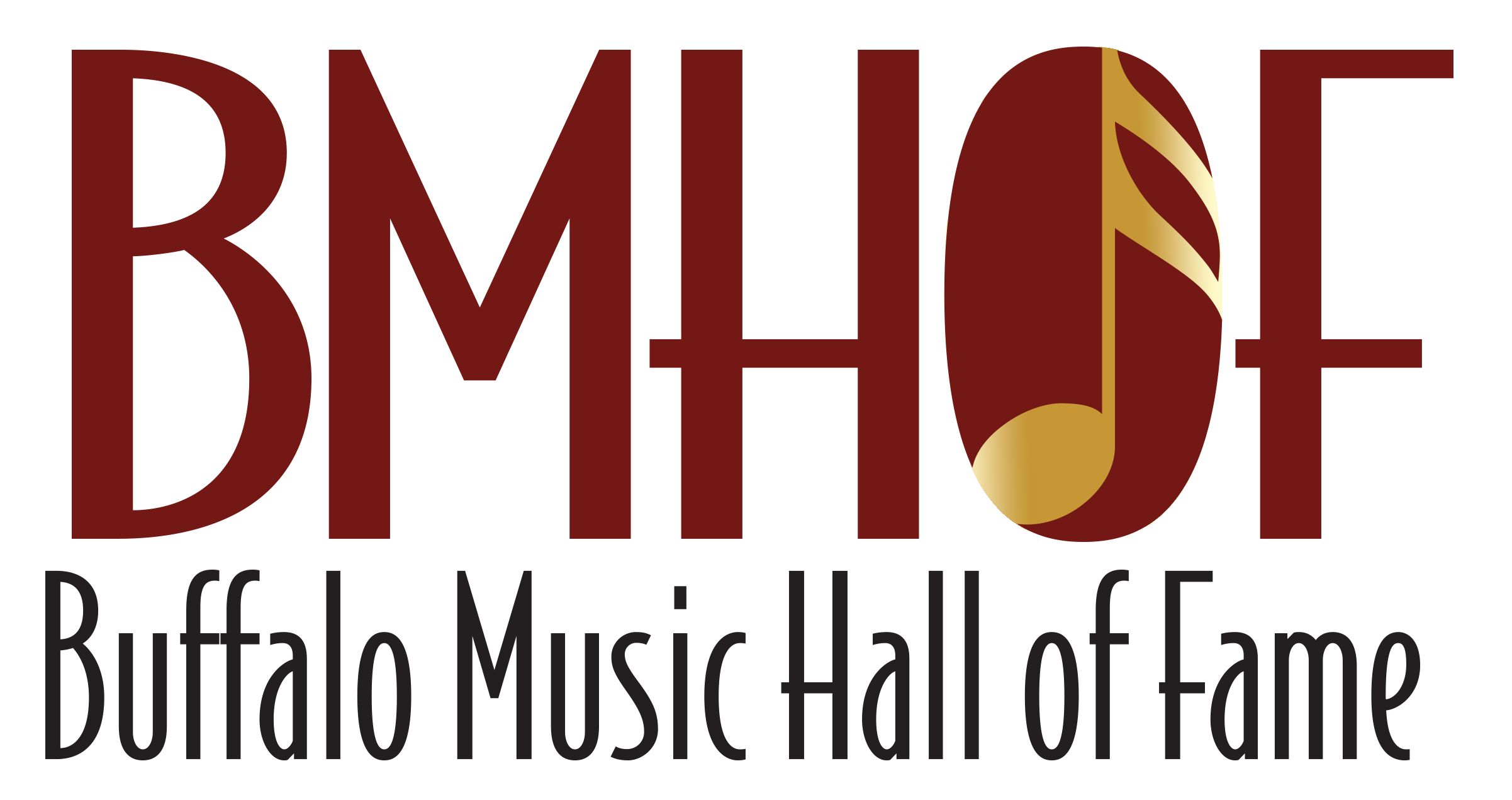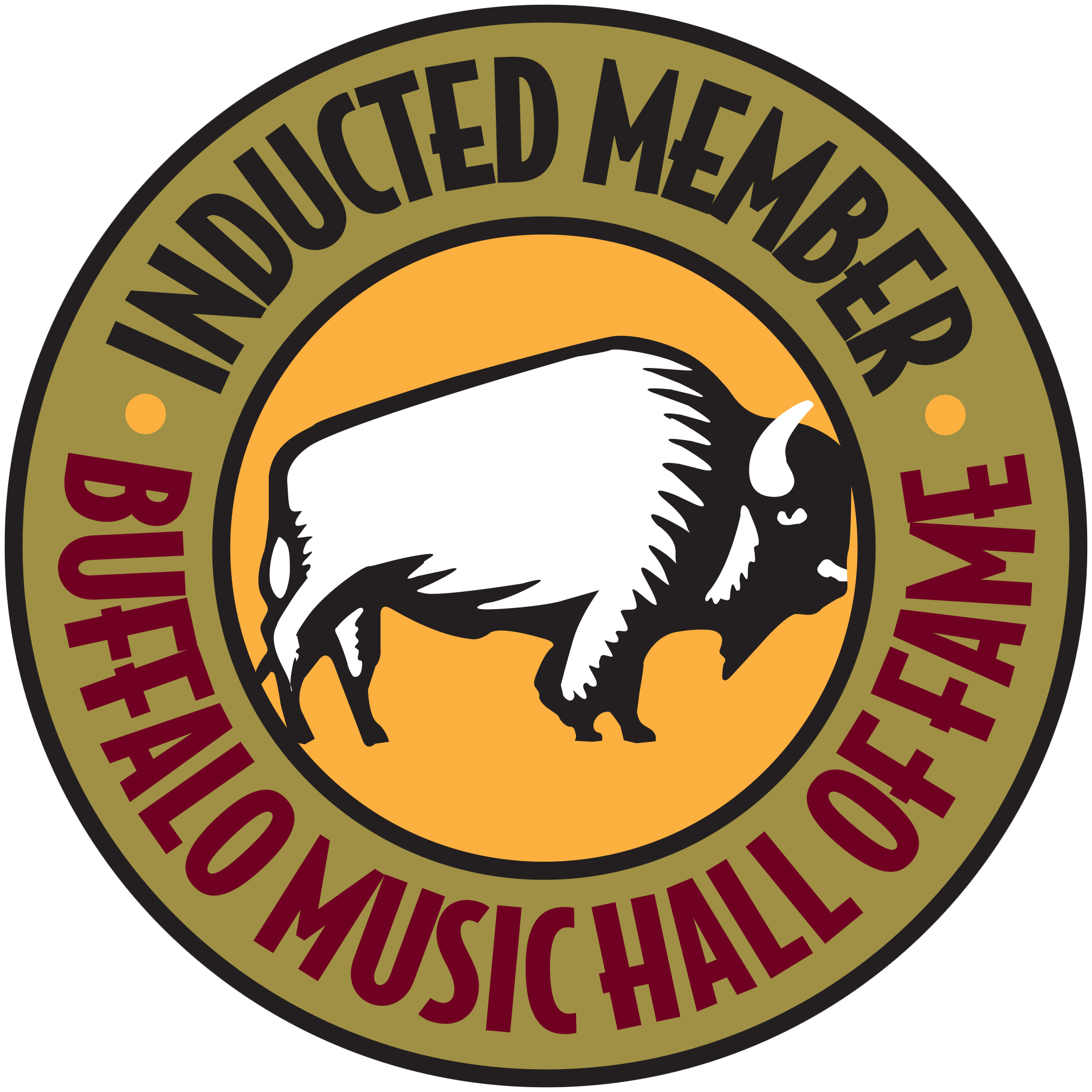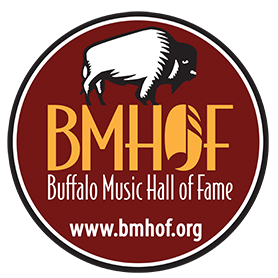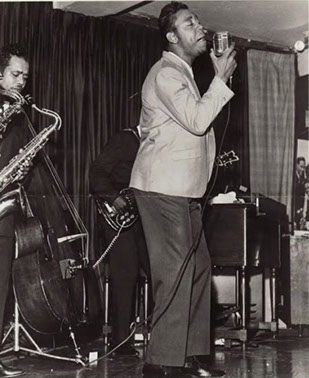





ARLESTER "DYKE" CHRISTIAN - BMHOF CLASS OF 2012
Arlester "Dyke" Christian] Arlester "Dyke" Christian: was born in Buffalo in 1943 and attended Burgard High School, cruised the streets of the Fruit Belt, and learned how to play bass and guitar. After joining local band Carl LaRue and the Crew, the legendary deejay Eddie O'Jay encouraged the group to relocate to Phoenix. Dyke moved to Phoenix, eventually forming the group Dyke and The Blazers, and began to translate his affinity and gut feel for urban street life into music.
Dyke often improvised lyrics until a catch-phrase matched up with a riff and then worked on it until it became a song. Thus was born "Funky Broadway," a tribute to the main drag in cities across the country, but rooted in Buffalo's East Side. "Funky Broadway" laid down the template for Dyke's quintessential funk-a loping bass line with the drums just a shade behind the beat that hits you in the hips rather than the toes or fingertips. The single generated an immediate buzz, and Dyke and the Blazers were quickly signed to Art Laboe's Original Sound label in Los Angeles. Before long, "Funky Broadway" was on the charts coast to coast.

The first pop hit with the word "funk" in the title and later a hit for Wilson Pickett, "Funky Broadway" not only gave the new musical phenomenon a name that stuck, it solidified funk as a powerful new direction in music. From funk came disco, rap and hip hop - Tupac, Ice Cube, and Prince have all sampled Dyke and the riff for the "How Do You Like Me Now" Kia car commercial was lifted directly from Dyke.
Dyke continued to record and to have R&B hits until he was gunned down on a Phoenix street in March of 1971. Shortly thereafter, the rapidly-ascending J. Geils Band dedicated their breakthrough second album to the memory of Arlester "Dyke" Christian and introduced Dyke's "So Sharp" to rock audiences. We Got More Soul, a box set released on England's prestigious Ace reissie label has kept Dyke's flame of primal funk alive throughout the world. Listen carefully and you'll hear Dyke tip his cap to Buffalo right through his final recordings. Dyke is buried in Forest Lawn Cemetery, less than a mile from the corner of Jefferson and Ferry Streets that he had once immortalized in song as being the place where everyone did "The Funky Walk."